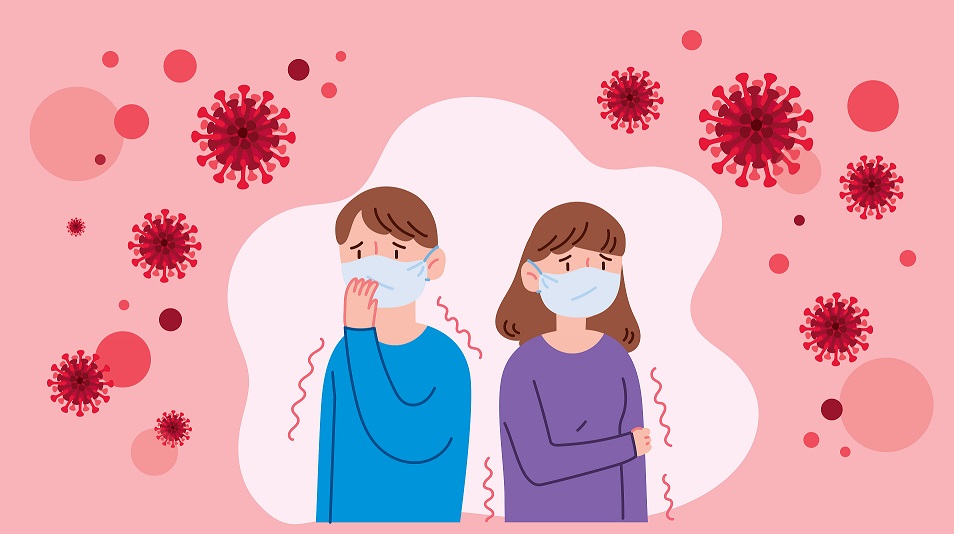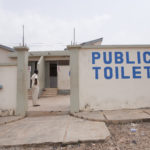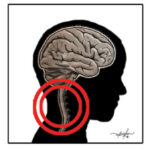A survey has found infection rates of COVID-19 to be higher among males than females in the country.
Findings from the survey published on Monday also show higher infection rates among urban residents than rural residents.
- Ortom: Benue people not against any tribe but killer herdsmen
- Officers who died in Abuja crash were on a mission to rescue Kagara abductees
The household seroprevalence survey was conducted by Nigeria Centre for Disease Control (NCDC) and the Nigeria Institute for Medical Research (NIMR) and their partners have revealed higher rates of COVID-19 infection among males than females in the country.
The surveys were conducted in Lagos, Enugu, Nasarawa and Gombe States between September and October 2020.
They were designed to improve the estimate of the burden of COVID-19 infection in the country and provide a more detailed estimate of the extent of infection with the severe acute respiratory syndrome coronavirus 2 (SARS-CoV-2) virus – the virus that causes COVID-19.
The survey found infection rates as high as 10 in 100 males, compared with seven in 100 females in Gombe; and 21 in 100 men against 17 in 100 women in Nasarawa.
Rates were found as high as 28 in 100 in urban areas, compared wth 18 in 100 in rural areas in Enugu. In Lagos, infection rates for urban areas stood at 23 in 100, compared with 19 in 100 for rural areas.
“There were also variations across the local government areas (LGA) within the four states. The survey team noted that these observations are in tandem with what had been reported by the NCDC based on the national surveillance system,” the centre said in the statement.

Calls for compliance to safety measures
The results of the surveys also showed a significant proportion of people in Nigeria are still at risk of COVID-19.
NCDC said this underscores the need for Nigerians to continue to adhere to safety protocols against the virus.
“The results from the survey show that a significant proportion of people in Nigeria are still at risk of SARS-CoV-2 infection and therefore, COVID-19. It is very important that Nigerians continue to adhere to public health and social measures including regular hand washing, proper use of face masks and physical distancing,” the NCDC said in the statement.
The centre said blood samples were collected from over 10,000 individuals residing in a representative sample of households in the four states.
“The blood samples were then tested for the presence of SARS-CoV-2 antibodies applying locally validated laboratory tests. Individuals who provided blood samples also answered a brief questionnaire that enabled the study team to characterise factors related to positivity and identify which population groups were most affected,” it said.
The survey findings revealed that the prevalence of SARS-CoV-2 antibodies was 23% in Lagos and Enugu States, 19% in Nasarawa State, and 9% in Gombe State. This means that as many as 1 in 5 individuals in Lagos, Enugu and Nasarawa State would have ever been infected with SARS-CoV-2 while in Gombe, the proportion is about 1 in 10.
Infection higher than reported cases
The NCDC said these rates of infection are higher than those reported through the national surveillance system and reveal that the spread of infection in the states surveyed is wider than is obvious from surveillance activities.
This is not surprising for COVID-19, given that a majority of those infected do not have any symptoms, the centre added.
According to NCDC, in interpreting the results, the survey team noted that “SARS-CoV-2 emerged only one year ago and antibody response according to the severity of the infection and the duration of antibody persistence are not yet completely understood”.
The centre said given the high proportion of asymptomatic cases in Nigeria, the true seroprevalence of ever having infection may be underestimated in the survey if individuals infected early in the outbreak no longer had sufficient antibodies for detection when the survey was conducted.

 Join Daily Trust WhatsApp Community For Quick Access To News and Happenings Around You.
Join Daily Trust WhatsApp Community For Quick Access To News and Happenings Around You.

